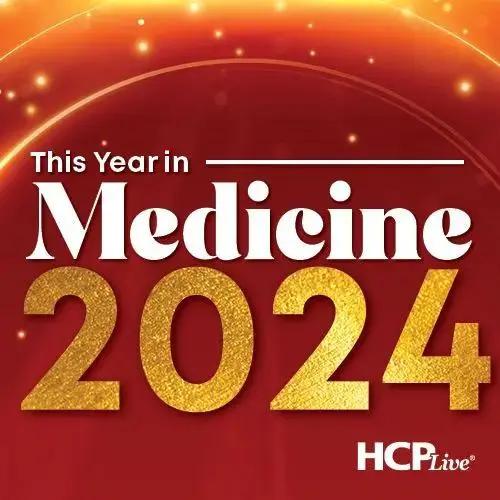Image credit: Gustavo Fring, Pexels

Watertown, Mass-based Encanta Pharmaceuticals announced positive results from its phase 2a human challenge study demonstrating its investigational antiviral, EDP-323, achieved an 85-87% reduction in viral load area under the curve (AUC) by qRT-PCR (p<0.0001); a 97-98% reduction in infectious viral load AUC by viral culture (p<0.0001); and a 66-78% reduction of total clinical symptoms score AUC (p<0.0001) compared to placebo.
EDP-323 was given to healthy adults infected with RSV, and was generally safe and well-tolerated the company said. EDP-323 is a novel L-protein inhibitor in development as a once-daily oral treatment for RSV.
“We are excited about these impressive data that demonstrate a rapid and sustained reduction in viral load,” Encanta Chief Medical Officer Scott Rottinghaus, MD, said in a statement. “These results are among the strongest ever reported in an RSV challenge study, raising the high bar set by zelicapavir [the company’s investigational N-protein inhibitorin Phase 2 development]. The significant antiviral activity and symptom alleviation observed in this study highlight EDP-323’s potential as a safe, highly effective, direct-acting antiviral for the treatment of RSV.”
Encanta is a clinical-stage biotechnology company that develops small molecule drugs for virology and immunology indications, and it received a Fast Track designation from the FDA for EDP-323.
What You Need to Know
Encanta Pharmaceuticals’ investigational antiviral, EDP-323, showed significant efficacy in reducing RSV viral load.
EDP-323 was well-tolerated and generally safe when administered to healthy adults infected with RSV.
Encanta is developing EDP-323 as part of a broader strategy to address respiratory infections, with both L-protein and N-protein inhibitors in phase 2 trials.
Trial Specifics
The trial was a randomized, double-blind, placebo-controlled, human challenge study of 142 healthy adult participants inoculated with RSV. Randomized participants (n=141) received either a once-daily (QD) 600 mg dose of EDP-323 for five days [high dose, n=47], a single 600 mg loading dose on day one followed by a 200 mg once-daily (QD) dose of EDP-323 for four days [low dose, n=47], or placebo for five days [n=47]. The intent-to-treat-infected population (ITT-I) was defined as all randomized participants receiving challenge virus and at least one dose of study drug with confirmed RSV infection.
In a previous phase 1 study, EDP-323 was found to be generally safe and well-tolerated in healthy subjects up to 800 mg for up to seven days, with a pharmacokinetic profile supporting once-daily dosing and all doses achieving target exposures.
In addition, EDP-323 is also supported by in vitro data demonstrating a significant reduction in RSV replication with picomolar potency in primary human bronchial epithelial cells infected with RSV A and B, and across a range of RSV clinical isolates and various cell types. In a mouse model of RSV infection, EDP-323 treatment was associated with dose-dependent decreases in viral load in the lung, reductions in lung immunopathology and decreases in pro-inflammatory cytokines, including IFNγ, TNFα, and IL1β.
“These EDP-323 results represent a meaningful advancement toward achieving our longstanding goal of developing new medicines to treat respiratory infections such as RSV, as there remains a substantial need for safe and effective oral treatments. “Enanta has the leading portfolio of potent RSV replication inhibitors, with EDP-323, our L-protein inhibitor, and zelicapavir, our N-protein inhibitor, both in phase 2 development,” Encanta CEO Jay R. Luly, PhD, said in a statement. “These distinct mechanisms have the potential to be developed as once-daily single agents or in combination for specific patient populations.”









8ptjcl